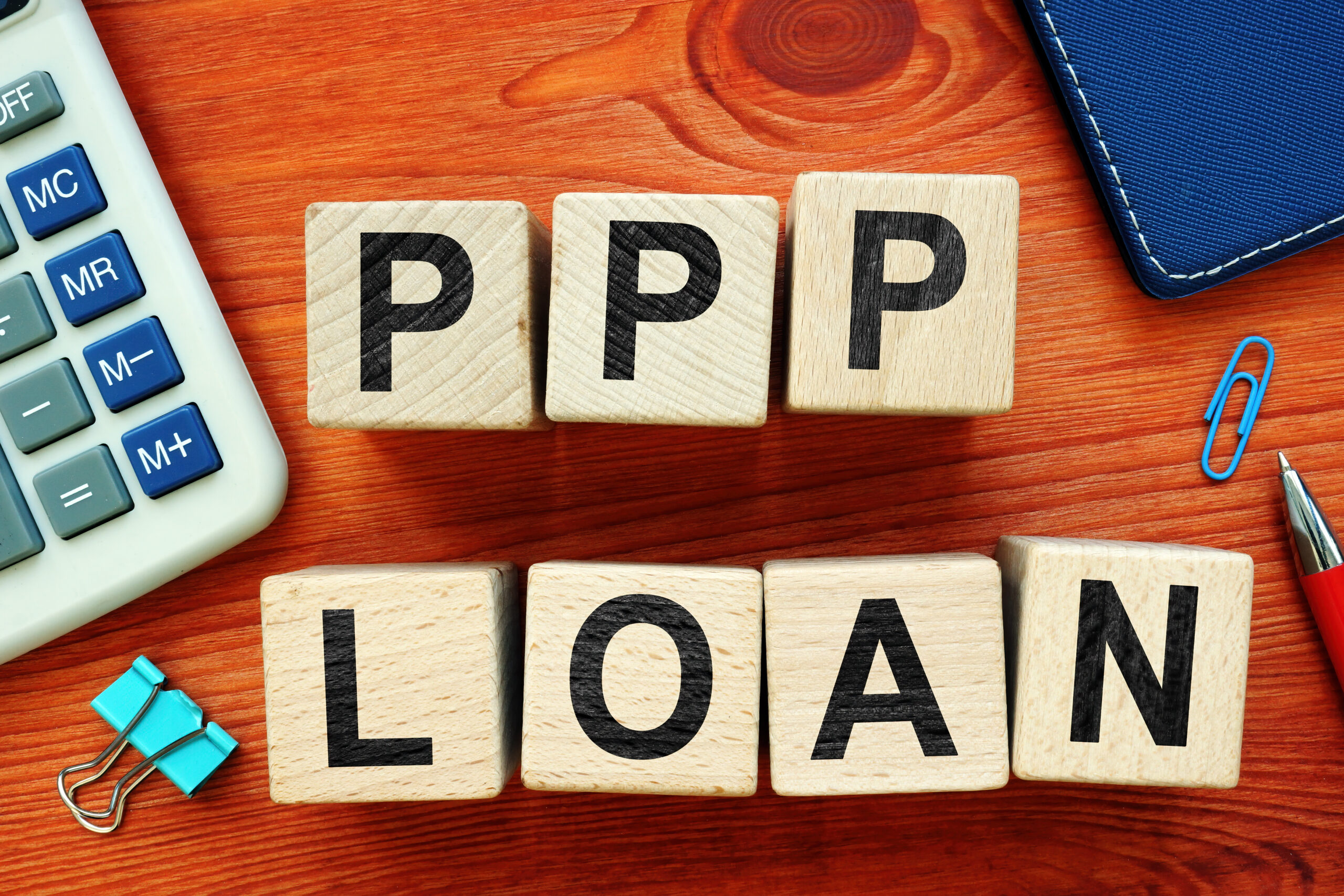
New Guidance for PPP Loan Eligibility — Safe Harbor Deadline Extended to May 14
Updated May 6, 2020, to include the new FAQ #43 extending safe-harbor repayment date.
The SBA’s Paycheck Protection Program (PPP) requires businesses to certify that “current economic uncertainty makes this loan request necessary.” New guidance was released April 23 that said companies that had other sources of liquidity might not qualify. Further, on May 5, the Treasury Department and SBA extended the PPP safe-harbor repayment date from May 7 to May 14.
The SBA’s original PPP loan application contained two vague, but critical, certifications the business must make. Specifically, the representative of the applicant was required to certify that:
- “Current economic uncertaintymakes this loan request necessary to support the ongoing operations of the Applicant.”
- “The funds will be used to retain workers and maintain payrollor make mortgage interest payments, lease payments, and utility payments, as specified under the Paycheck Protection Program Rule; I understand that if the funds are knowingly used for unauthorized purposes, the federal government may hold me legally liable, such as for charges of fraud.”
As of April 23, additional guidance was released requesting that companies that received or applied prior to the new guidance reaffirm their good faith by choosing to keep or return the funds by May 7, 2020. On May 5, the SBA issued new FAQ 43, extending the deadline for this safe harbor until May 14, 2020.
- On April 23, Treasury issued FAQ – Question #31, which states, in part: “All borrowers must assess their economic need for a PPP loan under the standard established by the CARES Act and the PPP regulations at the time of the loan application. …Specifically, before submitting a PPP application, all borrowers should review carefully the required certification that ‘current economic uncertainty makes this loan request necessary to support the ongoing operations of the Applicant.’ Borrowers must make this certification in good faith, taking into account their current business activity and their ability to access other sources of liquidity sufficient to support their ongoing operations in a manner that is not significantly detrimental to the business.” FAQ 31 further states, “Any borrower that applied for a PPP loan prior to the issuance of this guidance and repays the loan in full by May 7, 2020, will be deemed by SBA to have made the required certification in good faith.”
- On May 5, Treasury and SBA released FAQ – Question #43 extending the repayment date for this safe harbor to May 14, 2020. Borrowers do not need to apply for this extension. This extension will be promptly implemented through a revision to the SBA’s interim final rule providing the safe harbor. SBA intends to provide additional guidance on how it will review the certification prior to May 14, 2020.
- On April 28, Treasury Secretary Mnuchin announced the SBA “will review all loans in excess of $2 million, in addition to other loans as appropriate.”
- On April 28, Treasury issued FAQ – Question #37, which makes it clear that the above-quoted statements in FAQ #31 apply to all businesses.
- On April 29, Treasury also released FAQ Question #39, stating that the SBA will review files for PPP loans in excess of $2 million, in addition to other loans as appropriate, following the lender’s submission of the borrower’s loan forgiveness application. The outcome of SBA’s review of loan files will not affect SBA’s guarantee of any loan for which it complied with the lender obligations set forth in the PPP rules.
The deadline to return the funds to your SBA lender is extended to May 14, 2020. No action is needed if keeping the funds. If returning the funds, employers may be eligible for other available payroll tax relief credits.
Please note that pursuant to guidance the IRS issued late last week in IRS Notice 2020-32, taxpayers will not be able to deduct any expenses paid with PPP loans for which the taxpayer receives forgiveness. Given this new development, we recommend that clients consult with their Yeo & Yeo tax professional to plan for the tax impact related to this guidance.
If you have questions, please contact your Yeo & Yeo professional and visit Yeo & Yeo’s COVID-19 Resource Center, which is updated continuously, for additional information, updates, and many resources available to assist you.